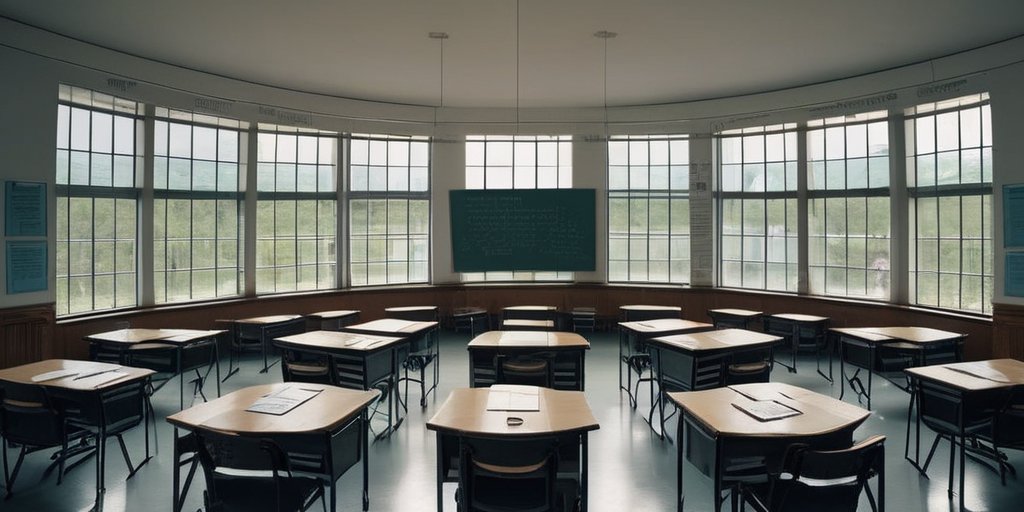The University of California system and Princeton University are among the latest institutions to announce hiring freezes, joining prestigious schools like Harvard, Duke, and Stanford. These drastic measures follow substantial budget cuts implemented by the Trump administration aimed at reducing federal spending. Johns Hopkins University has laid off over 2,000 employees due to an $800 million loss in funding from the US Agency for International Development (USAID), attributed to efforts by the White House to cut waste and downsizing the federal government.
This wave of drastic actions comes amidst ongoing federal investigations into numerous colleges and universities for allegedly failing to safeguard Jewish students during pro-Palestinian demonstrations that shook campuses last spring relating to the conflict in Gaza. The Trump administration has escalated its campaign against elite institutions, recently targeting Columbia University by revoking approximately $400 million in federal grants and contracts, citing antisemitism on campus.
Lee Bollinger, President of Columbia, criticized the administration’s actions as a serious infringement on academic freedom, noting the administration’s attempts to impose ideological conformity across various government and civilian sectors, which he likens to authoritarian regimes. The higher education community is alarmed by this pattern of behavior, alarming concerns about the backbone of American democracy and the traditions of free speech.
The administration’s most recent blow came with an executive order aimed at dismantling the US Department of Education, which administers essential federal funding, including aid for students with disabilities and Pell Grants for low-income undergraduates. Morton Schapiro, an expert in higher education economics, called the unfolding situation the greatest challenge higher education has faced. White House spokesperson Kush Desai defended the cuts, linking them to universities’ perceived failures in addressing rising antisemitism and ensuring the safety of biological women on campuses.
Trump’s executive orders introduced measures to combat antisemitism by revoking visas and requiring universities to monitor international students. As recent protests mounted, students pushed for Columbia to divest from ties to Israel. Concern mounted as two foreign academics faced deportation due to alleged ties to terrorism and domestic unrest surged, forcing students and faculty alike to exercise caution concerning free speech.
Johns Hopkins University, after heavy layoffs, indicated the majority affected were international employees. Experts believe these cuts pose a significant risk, as federal funds account for over half of the total spending on scientific research in universities. University leaders express concern that these policies could hinder America’s reputation as a global leader in education and research, potentially leading to a brain drain of international talent.
In light of the changes, institutional leaders find themselves in a precarious position. They must navigate the complex terrain of government policies while simultaneously maintaining academic integrity and freedom. Many argue that the Trump administration’s approach represents the most substantial assault on higher education since the McCarthy era, sparking fears that the autonomy of universities could be substantially compromised.
As the higher education landscape continues to evolve under Trump’s leadership, institutions like Columbia University remain resilient while navigating these unprecedented challenges.
